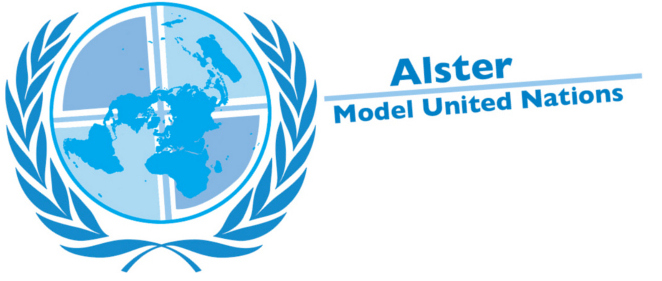A speech by the World Health Organisation about “establishing guidelines for the privatisation of water”
“Most honourable Chairs, fellow Delegates, hard working Add Staff and dear guests.
Providing access to water is one of the most effective instruments in promoting health and reducing poverty.
17% of the global population lacked access to safe water resources in 2002 and 42% of the global population lacked access to improved sanitation. That is primary because of the water contamination and waterborne diseases.
The lack of access to clean water is one of the most pressing problems in the 21st century. Yes, in some places we have already succeeded to improve this situation, but in rural areas 84% of the residents lack access to sufficient clean water and proper sanitation facilities. Additionally, private multilateral companies often limit water delivery to wealthy neighbourhoods in urban areas, because rural residents are usually poor and unable to afford the cost of water. Hence, it often results in unfair distribution of benefits to the middle and upper class communities.
So, when it comes to this issue let us step back, nuance the situation, put things in perspective and look at the United Nation as a whole.
The UN is a world cooperation, consisting of a representation of 193 member states and therefore, encompassing all shades of ideas, philosophies and religions.
The UN is an instrument for action inspired by hope. Like the former President of the United States called his first biography: “The audacity of hope”.
We as the instrument for action, inspired by hope must have the audacity to believe.
Furthermore, in many corners of the world the UN stands as a framework for the acts of charity. A charity in the sense of mutual cooperation in a well-understood common interest.
That is what this resolution is about.
The delegate of the World Health Organisation does not want to focus on the water privatisation itself, because even though this can be a better option in some places, such as but not limited to Jordan, it still stands for many downsides such as the ones listed before. Privatisation of water and the economy shouldn’t be prioritised over the individual need for water.
Therefore, the essence of this resolution should be, as stated before, the mutual cooperation in a well understood common interest. Where MEDCs help LEDCs and their population to the access as well as a fair distribution of water.
So we can insure a healthy, safe, sustainable and cooperative world together.
Thank you.”
